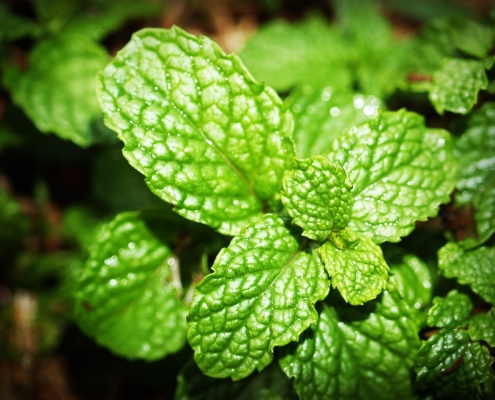Short-lived plant species are more climate-sensitive
GERMAN CENTRE FOR INTEGRATIVE BIODIVERSITY RESEARCH (IDIV) HALLE-JENA-LEIPZIG
Plant species with short generation times are more sensitive to climate change than those with long generation times. This is one of the findings of a synthesis study by researchers from the German Centre for Integrative Biodiversity Research (iDiv), the Martin Luther University Halle-Wittenberg (MLU) and the Helmholtz-Centre for Environmental Research (UFZ). The international team comprehensively compiled worldwide available data, mostly from Europe and North America, to address the question of how plant populations react to climate change. The study, published in Nature Communications, shows that plant characteristics such as generation time can predict how sensitive species are to changing climates. This has important implications for predicting which plant species need the most conservation attention regarding climate change.
As part of the iDiv synthesis centre sDiv, which brings together international experts in workshops, a working group compiled all long-term studies on plants that quantify population growth rate. They assessed how the climate factors during those years of study, in particular precipitation and temperature, influenced population growth rate. Afterwards, they tested how features of the plant species, such as the length of a generation, influence how responsive the plant population growth rates were to climate variation in the past.
“We were able to show that generation duration is a useful indicator value for a species’ susceptibility to climate change,” said first author Dr Aldo Compagnoni, a postdoctoral researcher at iDiv and MLU. For example, the scientists found that especially plants with short lifespans, such as those that only live a few years on average, suffered from climate extremes much worse than long-lived species. The analyses also showed that the main limiting factor of climate change is not the temperature increase itself. On average, precipitation had a three times greater impact on plant populations than temperature.
> Source: EurekAlert!



 Credit: Public Domain
Credit: Public Domain credit: Public Domain
credit: Public Domain